Chirality and Criticality: Novel Phenomena in Heavy-Ion Collisions
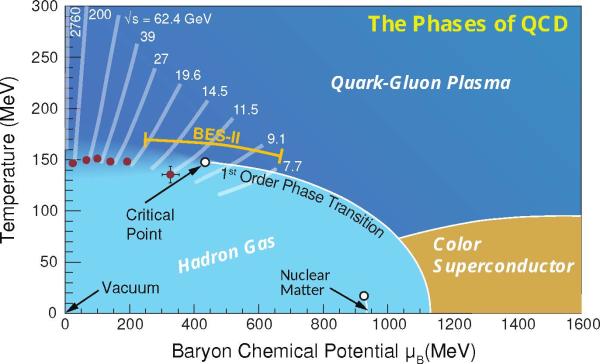
Note to applicants: This is a "hybrid" workshop, meaning there will be a combination of virtual and in-person participants. In the COMMENTS section of the Application Form, please write [In-person], [Virtual], or [Either] to reflect your preferred mode of attendance. Please be aware that all in-person participants must show proof of vaccination against COVID-19 upon arrival to the INT.
Disclaimer: Due to the continued uncertainty regarding the COVID-19 pandemic, this workshop may be rescheduled if necessary.
The data from the Beam Energy Scan II experiment conducted at the Relativistic Heavy Ion Collider (RHIC) in Brookhaven National Laboratory is currently being analyzed. The experiment aims to provide a decisive discovery of the QCD critical point - the long-sought landmark on the phase diagram of the strongly interacting matter in extreme conditions of high temperature and baryon density.
Also recently, the comparison of isobaric collisions of Ru and Zr aiming for the discovery of the Chiral Magnetic Effect and topological fluctuations of QCD has been performed. The first results were reported last year and a more refined analysis is in progress. The search for CME inspired and motivated studies of novel transport phenomena arising from chirality, not only in nuclear physics but also in condensed matter and astrophysics.
Furthermore, the measurement of the global spin polarization of hadrons produced in Au-Au collisions at RHIC has provided fascinating evidence of the vorticity of the created QCD plasma and of its interaction with the quantum spins of its constituents.
As the continuation of the INT program of the same name held virtually in 2020, this 1-week workshop is dedicated to gathering the community interested in the novel physics of chirality and criticality in nuclear physics and beyond. The discussion will focus on the progress achieved in the last three years, as well as on the future developments and prospects, in particular, related to confronting the upcoming results of the experimental data analysis.
We plan to have a flexible hybrid program that encourages preferred in-person participation, but also accommodates remote participants.
Note: A workshop registration fee may apply.
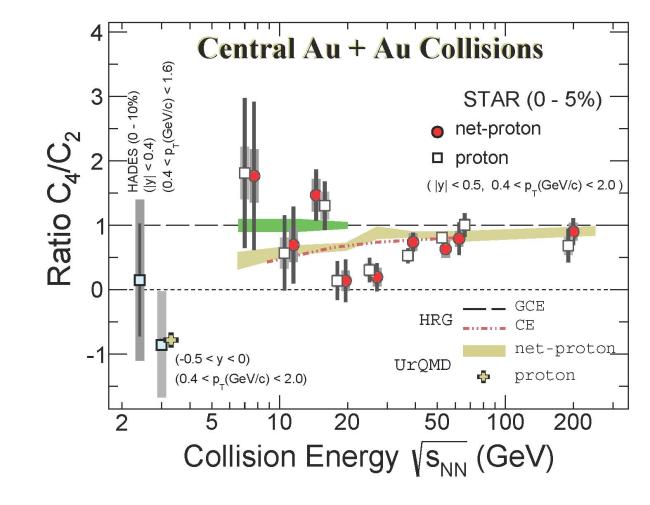
Chirality and Criticality: Novel Phenomena in Heavy-Ion Collisions
Phys. Rev. Lett. 128 (2022) 202303
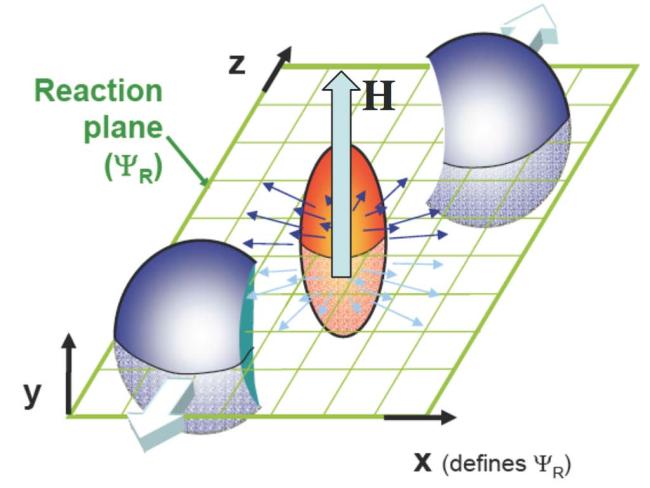
Chirality and Criticality: Novel Phenomena in Heavy-Ion Collisions
Prog.Part.Nucl.Phys. 75 (2014) 133-151
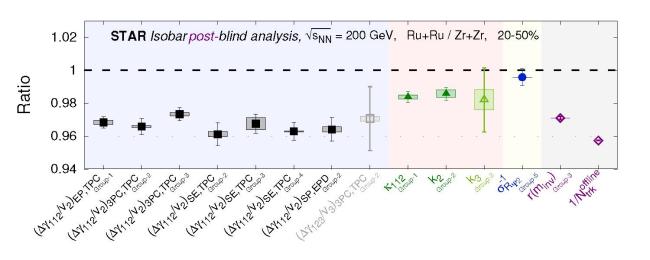
Chirality and Criticality: Novel Phenomena in Heavy-Ion Collisions
Phys.Rev.C 105 (2022) 1, 014901
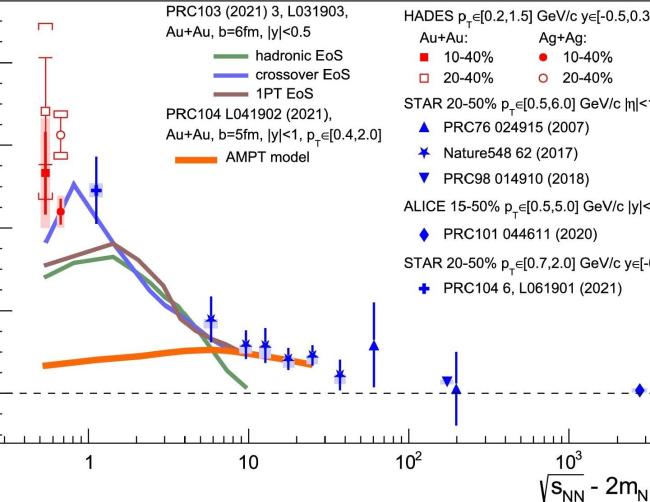
Chirality and Criticality: Novel Phenomena in Heavy-Ion Collisions
Phys.Lett.B 835 (2022) 137506
